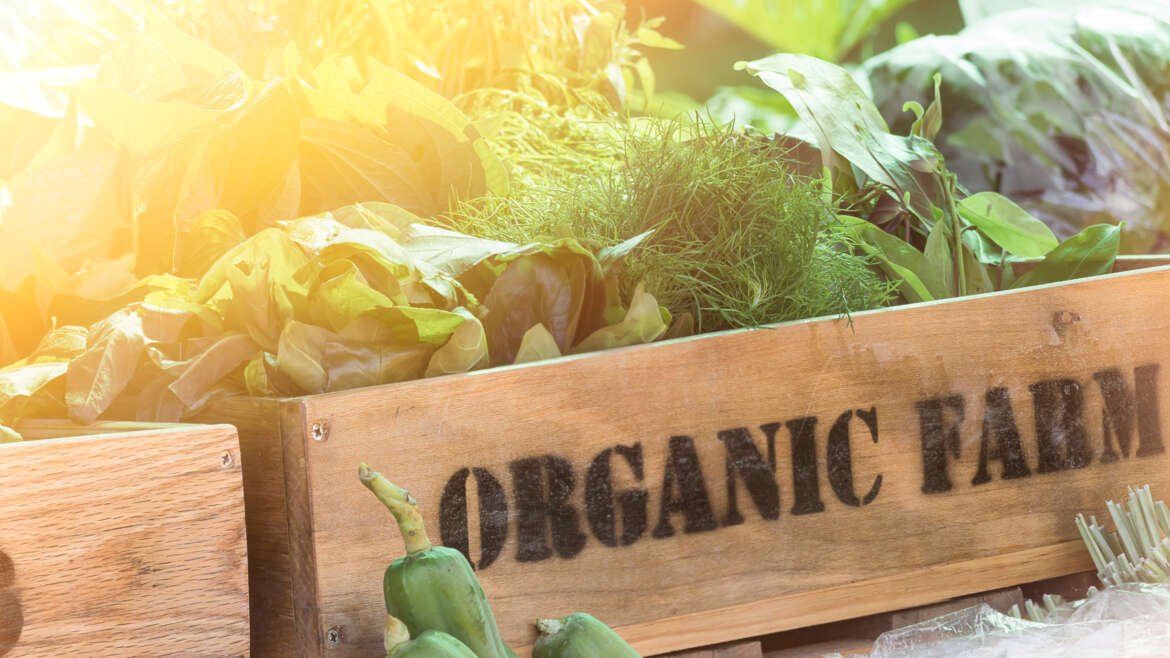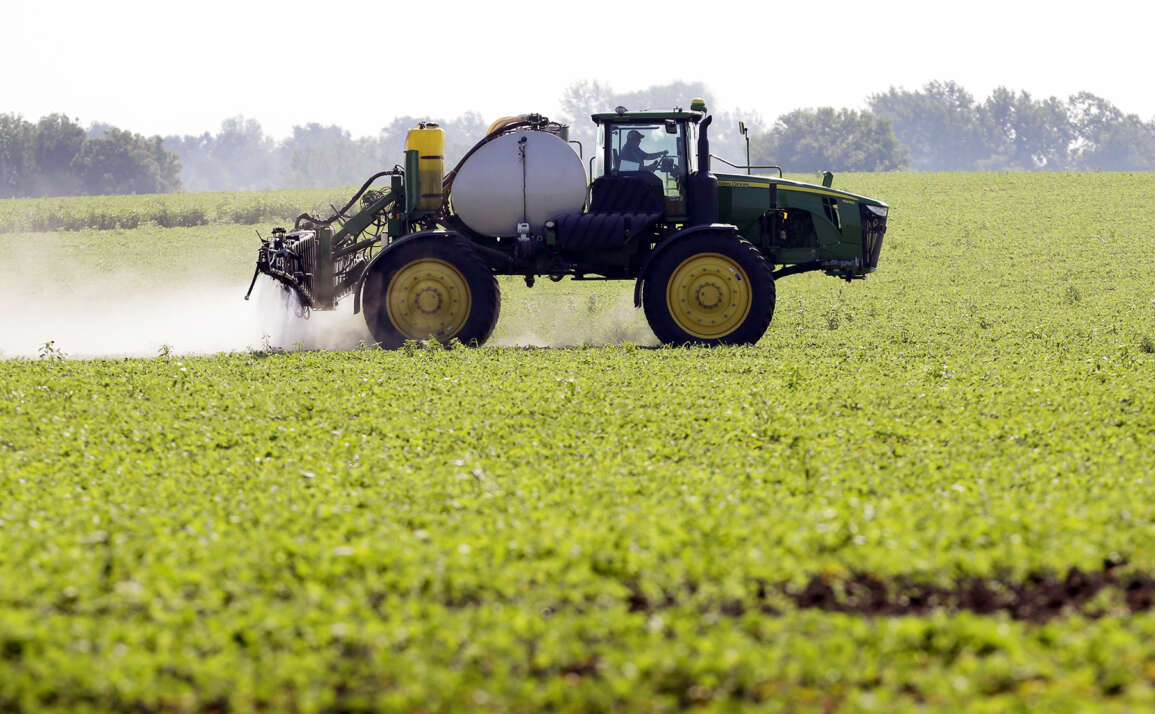Seasonal summer fruits and pesticide residue
With one of the warmest summer seasons on record this year, many of us are amping up our fresh fruit intake. While most crops are treated with pesticides within regulatory guidelines, you can take extra precautions to minimize your exposure to pesticide residues.
By The Dara Team
Pesticide residues refer to the small amounts of pesticides that can remain on or in treated produce during farming. While the levels of residues in most conventionally grown fruits are generally considered safe and within regulatory limits, consumers increasingly seek to limit their exposure to and intake of synthetic pesticides. Here are some helpful tips when shopping for your summer fruit:
1. Consult the Dirty Dozen and Clean Fifteen Lists: The Environmental Working Group (EWG) releases an annual list called the “Dirty Dozen” that highlights the fruits and vegetables with the highest pesticide residues. Conversely, they also publish the “Clean Fifteen,” which lists produce with the lowest pesticide residues. By consulting these lists, you can prioritize purchasing organic versions of the Dirty Dozen and feel more comfortable buying conventional versions of the Clean Fifteen. These lists can change slightly from year to year, so it’s a good idea to look up the most recent version.
2. Choose Thicker-Skinned Fruits: Fruits with thicker skins or protective outer layers often have lower pesticide residues because the skin or peel acts as a barrier. Examples include bananas, avocados, pineapples, and melons. Remember to wash the outer surface of these fruits before cutting into them to prevent any contaminants from transferring to the edible part.
3. Buy Local and Seasonal: Buying fruits that are in season and locally grown can reduce the chances of high pesticide use. Local produce doesn’t need to be transported long distances and can often be fresher and have fewer residues.
4. Wash and Scrub: Regardless of whether you choose organic or conventional fruits, always wash them thoroughly before consumption. Use a brush or your hands to scrub the skin of fruits that are eaten with the skin, like apples or pears. For berries, their thin skin makes them susceptible to pesticide penetration. It’s recommended to choose organic berries whenever possible, and to wash them thoroughly under running water.
5. Farmers’ Markets and Local Farms: Shopping at farmers’ markets or directly from local farms can provide you with the opportunity to talk to growers about their farming practices. Many small-scale farmers use integrated pest management techniques that can result in lower pesticide residues.



